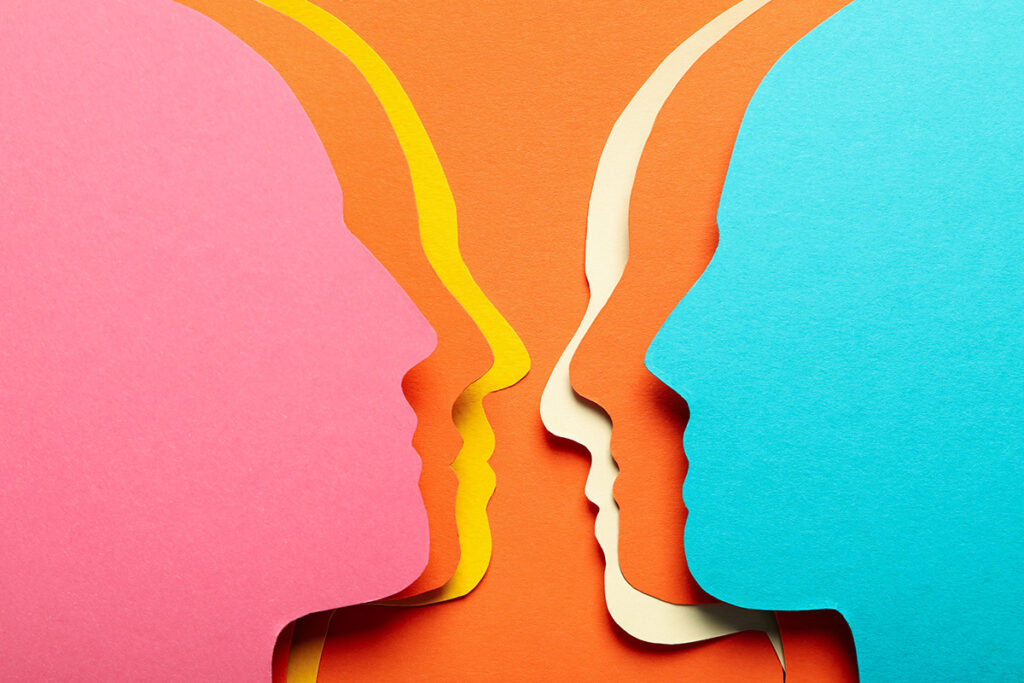Counselling is often described as a ‘talking therapy’, but the process of how it actually creates change is far more complex and fascinating than simply talking about problems. Let’s explore the key mechanisms that make counselling work and how these elements combine to facilitate meaningful personal growth and healing.
The Power of the Therapeutic Relationship
At the heart of effective counselling lies the therapeutic relationship. This unique bond between counsellor and client creates a safe, confidential space where healing can occur. Unlike ordinary relationships, the therapeutic relationship is carefully crafted to provide:
- Unconditional acceptance without judgment
- Professional boundaries that ensure emotional safety
- Consistent reliability and dependability
- Empathetic understanding and attunement
This relationship serves as a secure base from which clients can explore difficult emotions and experiences, knowing they have support and understanding.
The Process of Self-Discovery
Counselling works by facilitating a journey of self-discovery. Through careful questioning and reflection, counsellors help clients:
- Bring unconscious patterns into awareness
- Understand the origins of their thoughts and behaviours
- Recognise how past experiences influence present reactions
- Identify unhelpful thinking patterns and beliefs
This increased self-awareness becomes the foundation for making meaningful changes in one’s life.
Creating New Neural Pathways
When we repeatedly think or behave in certain ways, we create strong neural pathways in our brains. Counselling works by helping us create new, healthier pathways through:
- Exploring alternative perspectives
- Practicing new responses to triggering situations
- Developing different ways of relating to ourselves and others
- Building new coping strategies
Over time, these new patterns become stronger, while old, unhelpful patterns gradually weaken.
The Role of Emotional Processing
Counselling provides a space for processing difficult emotions that may have been suppressed or avoided. This works through:
- Safely experiencing and expressing emotions
- Understanding the meaning behind emotional responses
- Learning to regulate emotional reactions
- Developing emotional resilience
This emotional processing helps clients move through stuck patterns and develop healthier emotional responses.
The Mirror of Therapeutic Reflection
Counsellors act as a skilled mirror, reflecting back what they observe in ways that help clients gain new insights. This process works through:
- Careful observation of patterns and themes
- Thoughtful feedback about blind spots
- Gentle challenging of inconsistencies
- Highlighting strengths and resources
This reflection helps clients see themselves more clearly and understand their experiences from new perspectives.
The Power of Narrative Reconstruction
Counselling works by helping people reconstruct their personal narratives. Through exploring and retelling their stories with a skilled therapist, clients can:
- Find new meaning in their experiences
- Develop more empowering interpretations of events
- Identify strengths and resilience in their journey
- Create more helpful stories about themselves and their lives
Building New Skills and Resources
Effective counselling isn’t just about insight – it’s also about developing practical skills and resources. This might include:
- Learning new communication strategies
- Developing better boundary-setting abilities
- Building stress management techniques
- Enhancing problem-solving skills
The Implementation of Change
Understanding how change happens is crucial to how counselling works. The process typically involves:
- Awareness of patterns that need changing
- Understanding why these patterns developed
- Exploring alternative ways of thinking and behaving
- Practicing new approaches in a safe environment
- Gradually implementing changes in daily life
- Processing setbacks and refining approaches
The Role of Integration
Counselling works by helping people integrate their experiences and parts of themselves. This process involves:
- Connecting thoughts, feelings, and behaviours
- Understanding how different aspects of life influence each other
- Building coherence between past experiences and present life
- Developing a more integrated sense of self
The Timing of Change
Change in counselling often follows its own natural rhythm. Sometimes insights and changes happen quickly, while other times they require slower, more gradual processing. This timing works through:
- Respecting the client’s readiness for change
- Working at a pace that feels safe and manageable
- Allowing time for new insights to be integrated
- Recognising when to challenge and when to support
Maintaining Therapeutic Growth
The work of counselling extends beyond the therapy room through:
- Practicing new skills in daily life
- Reflecting on insights between sessions
- Applying new understanding to different situations
- Building on progress over time
Conclusion: A Dynamic Process
Understanding how counselling works reveals it to be a dynamic and multifaceted process. Through the combination of a strong therapeutic relationship, increased self-awareness, emotional processing, skill development, and careful integration of new ways of being, counselling creates lasting positive change.
This process requires commitment and courage from both client and counsellor, but when these elements come together effectively, counselling can lead to profound personal transformation and improved mental wellbeing. The journey might not always be easy, but understanding how these mechanisms work can help clients engage more fully in the process and maximise the benefits of their therapeutic experience.

